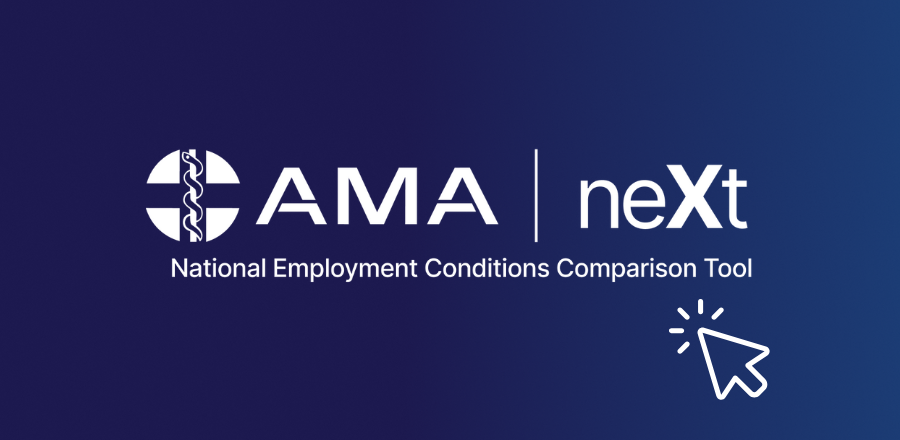This week the corporate regulator is taking on executives and directors of Star Entertainment in the Federal Court, in a landmark case for Australian corporate governance.
Author
- Elizabeth Sheedy
Professor – Risk governance, culture, remuneration, Macquarie University
ASIC will allege that despite multiple red flags that should have prompted internal investigation, directors at Star sat on their hands while accepting the considerable perks of the office.
Historically, ASIC has not been willing to go after apparently lax directors and executives and there are questions about its effectiveness as a regulator . Will this time be different?
What is Star accused of?
The case against Star Entertainment, like so many others, boils down to “acting with reasonable care and diligence ” in respect of risk management. Did Star’s board and executives sufficiently focus on the well-known risks of money-laundering and criminal association in the operation of its casinos in Sydney and Queensland?
ASIC will seek to show that they did not. It is suing several former directors and executives, including the former chief executive, in a case expected to last six weeks. The defendants deny they breached their duties.
Warnings were ‘ignored’
In the first days of hearings, ASIC told the court the board had been given evidence of money-laundering risks from high-rollers with ties to criminal organisations, but that those warnings were ignored.
The court was told the board and executives were “incurious and complacent” about alleged criminal activity and money-laundering, with wads of cash delivered in a blue Esky and in paper bags to a private gambling room.
If the allegations are proven, it won’t be just the shareholders who have suffered. Anti-money-laundering laws exist because criminals need to clean their ill-gotten gains, or make them appear legitimate. While not alleged in this instance, in general, money-laundering enables crimes such as scams, fraud, child exploitation and drug/sex trafficking. There are many victims throughout society.
The issues at Star were uncovered by journalists in 2021. This was the catalyst for the NSW Independent Casino Commission to set up a review by Adam Bell SC. On August 31 2022, Bell handed down his findings into The Star casino’s suitability to hold a casino licence in NSW in a 946-page report.
Two months later, the NSW commission announced it had suspended Star’s licence indefinitely, fined the casino $100 million, and appointed an independent manager.
Share price tanked
Since 2021, the share price for Star Entertainment Group has collapsed from $3.76 to 13 cents today, wiping billions in market value.
It is true that Star Entertainment has been hurt by factors other than the financial allegations identified by Bell. But the collapse in revenue suggests the casino operator’s business model was inherently reliant on money-laundering. Strip that out, and what remains is a business that will likely not survive without a white knight.
To what extent can the directors be blamed for these failures? Based on the defences used during the Bell inquiry, they may claim they were not involved in the complex, day-to-day management of operations. Executives failed to inform them of risk-management issues. But are these adequate excuses?
According to the Australian Institute of Company Directors, of which the Star Entertainment directors were all alumni, directors must ” apply an enquiring mind […] test information put before them by management and proactively consider what other information they require “. Bear in mind the handsome remuneration received by the directors to perform their oversight duties. The former chairman, John O’Neill, received a total of $484,500 in financial year 2021 .
For this sort of money, shareholders might reasonably expect some tough questions would be asked, especially given the red flags that came to light. The internal audit team or external independent advisers could have been charged with further investigating issues of concern.
Putting directors on notice
Unfortunately, the scandal at Star Entertainment is not an isolated case of risk-governance failure. A royal commission found the directors of Crown Casino also failed properly to manage the risks of money-laundering.
The financial crime regulator, Austrac, has identified similar failures at the Commonwealth Bank of Australia, Westpac and Adelaide’s Sky City casino. Turning to cyber risk, it is clear that firms such as Medibank and Latitude Financial have failed to protect sensitive customer data.
While most of the above listed companies have been fined by regulators, the consequences for individual directors have been limited or non-existent. And herein lies the problem – lack of accountability breeds inattention, indolence and recklessness.
Where is the incentive for directors to ask those tough questions of the executive, to rock the boat on a nice cosy board? The reputation of ASIC as an ineffective corporate regulator has not served either shareholders or the Australian public well.
That is why the outcome of this case is so important. A win would put directors on notice that risk governance is a serious matter and they need to do more to earn their substantial fees.
![]()








